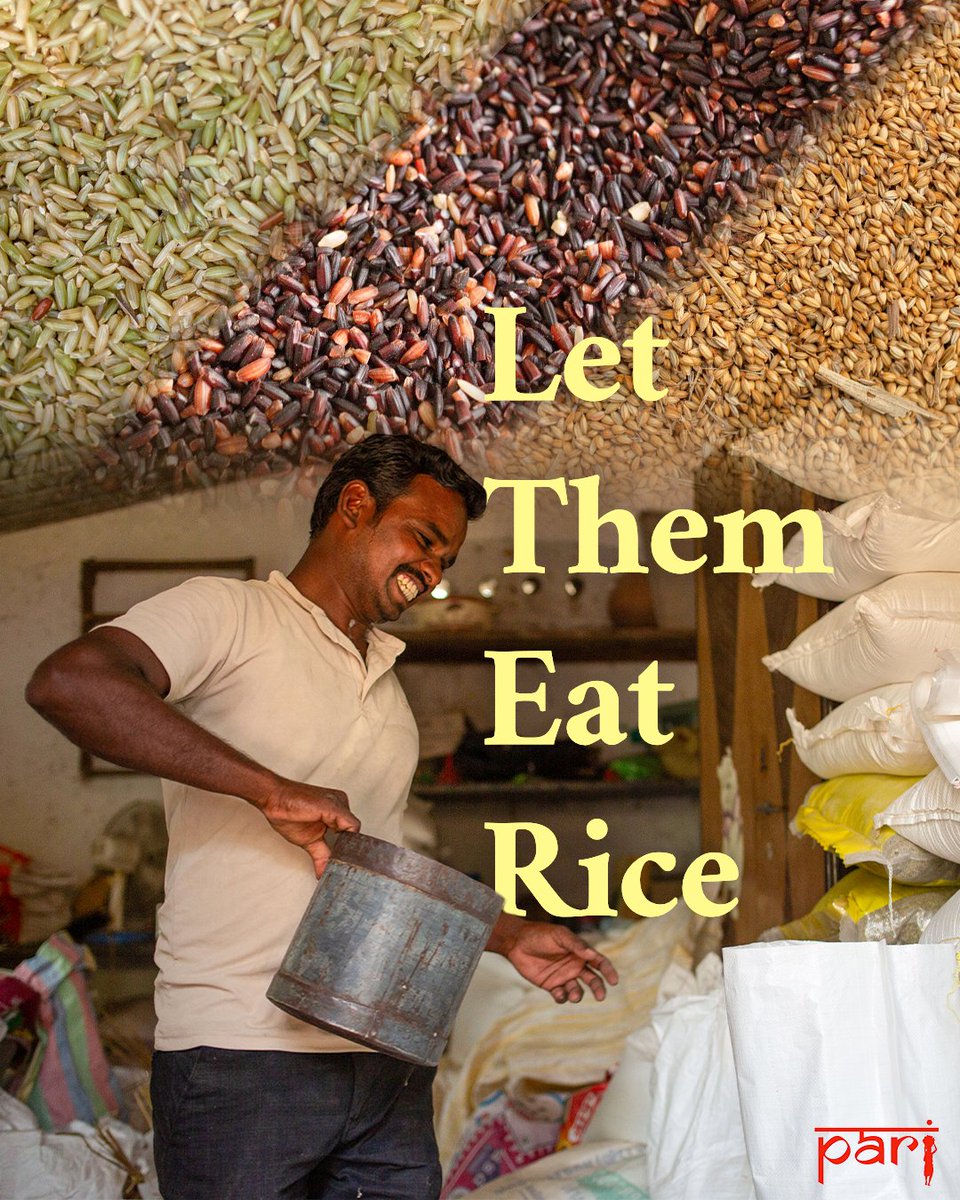The Pydibhimavaram-Ranastalam region is now a major #pharma centre in Andhra Pradesh. Industry got a further boost here when this industrial belt became a special economic zone (#SEZ)n in 2008-2009, & new companies began setting up their units here too. #WorldDrugDay 

The #SEZ Act of 2005 exempts numerous #taxes and gives subsidies to industries along with relaxing labour laws. There are 19 SEZs in #AndhraPradesh, including four – Pydibhimavaram is one of these – focussed on manufacturing pharma #drugs. #WorldDrugDay 

“Their discharge pipelines are 15 kms into the sea,but the oil & effluents from the #pharma industries are seen up to 100 kms from the coast every time we go fishing,”says Ganagalla Ramudu,who owns one of the few remaining teppa( hand-rowed boat) in Kovadda village.#WorldDrugDay 

The impact of #BigPharma caused #pollution has ravaged the #MarineLife in the area. @RahulMaganti talks to the struggling fisherfolk in the area as they recall a past of abundant marine life – while facing an uncertain future. ruralindiaonline.org/articles/big-p… #WorldDrugDay 



• • •
Missing some Tweet in this thread? You can try to
force a refresh






















